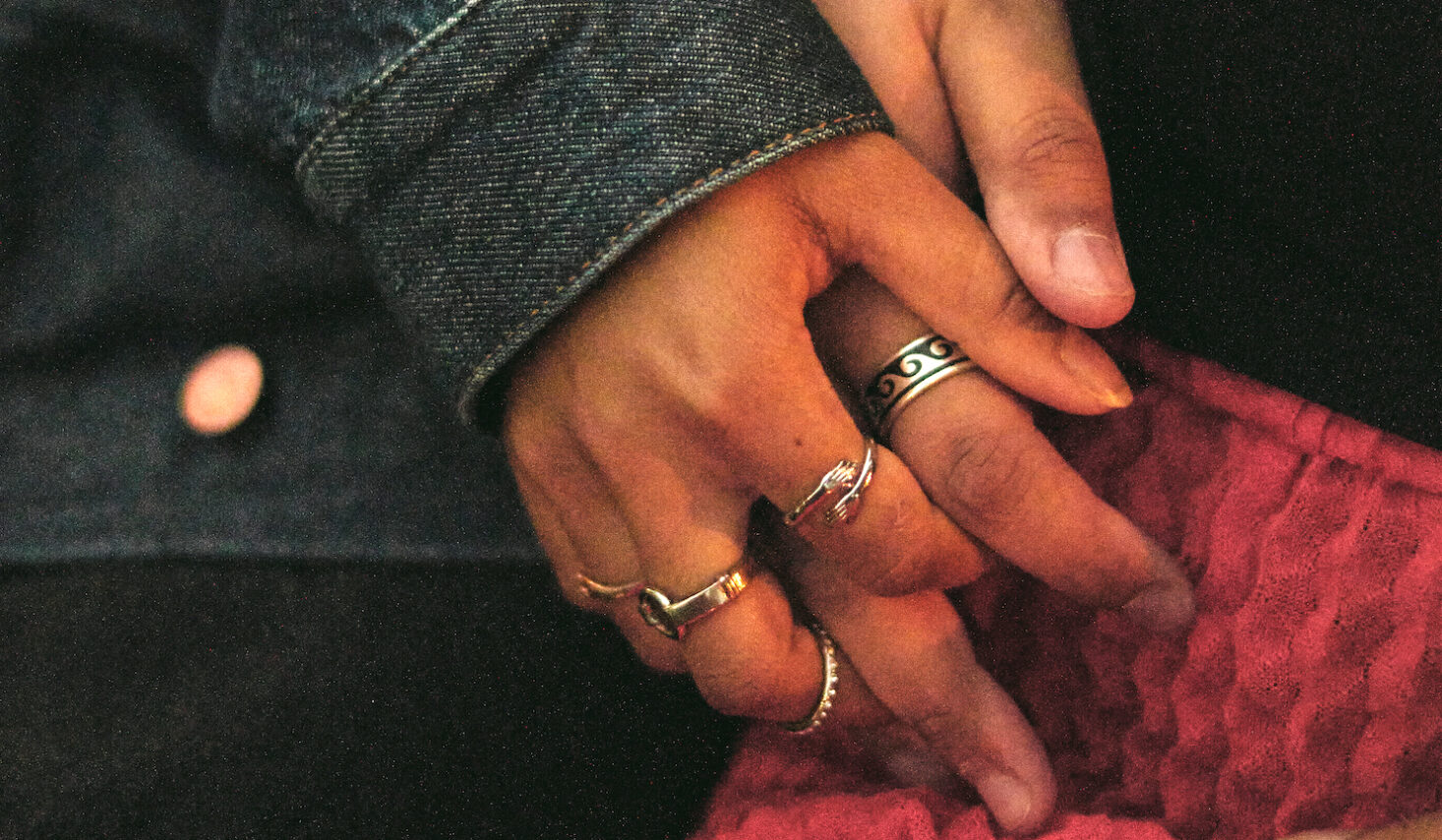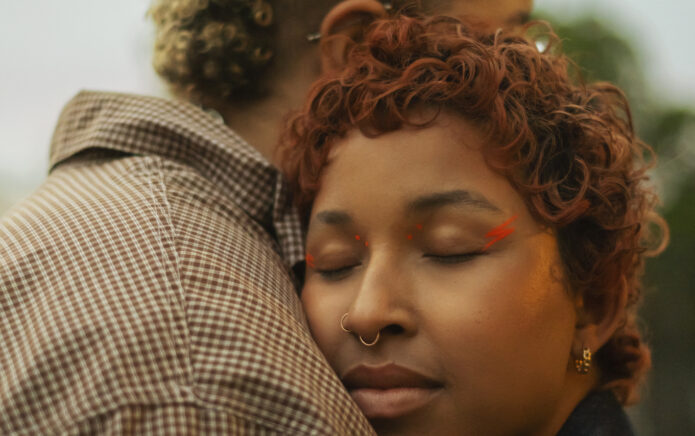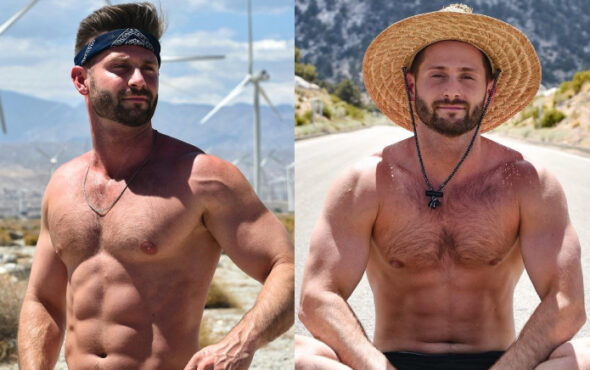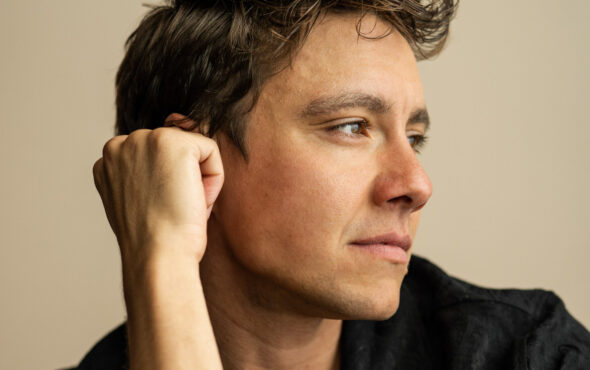
I’ve always been told I was picky. About food, about clothes, even about my car. I don’t mind, because people often don’t understand why I’m so selective. However, there’s one thing I wish people would stop calling me picky for, and that’s my sexuality.
I identify as gay, but also as aceflux; sometimes I feel myself to be fully asexual – or ‘ace’ for short – and sometimes fully allosexual (not asexual), and sometimes somewhere in between. I’m always attracted to men, but the way in which I’m attracted to them changes. With a fluid attraction, I often get told I’m just being ‘difficult’, or that I’m making up words for attention, but there are plenty of others who feel the same way I do.
According to the ONS 2021 census, 0.06% of respondents identified as asexual, though research suggests that the actual number may be higher, around 1-2% of the population of England and Wales.
Asexuality is defined as experiencing little to no sexual attraction to other people. However, it’s also an umbrella term encompassing other ace identities, such as demisexual, whereby sexual attraction can only develop once the person has formed a strong emotional connection with their partner, and grey ace, which involves a limited amount or low intensity of sexual attraction.
Attraction can be defined by the Split Attraction Model (SAM), whereby romantic and sexual attraction are distinct and separate from one another, even if they don’t necessarily align. For instance, a person can be asexual and biromantic, meaning they’re romantically attracted to two or more genders and sexually attracted to none. The SAM is often used by asexual people, but is not limited to the ace community, and can be used by anyone.
Asexuality isn’t a new term. It’s commonly thought that Florence Nightingale may have been asexual, as are a number of current celebrities of varying ages. For instance, Alice Oseman, creator of the successful graphic novel and now hit TV show Heartstopper, identifies as asexual, and streamer Sweet Anita identifies as demisexual, as does singer Chappell Roan. English singer-songwriter Cavetown has also confirmed that he is on the asexual spectrum.
So, in a world where anyone can be anything, why is it such an issue when someone says they’re asexual?
There are a lot of misconceptions about asexuality. One is that they “just haven’t met the right person”. Well, just like allosexual people, not everyone wants to settle down. Those that do, absolutely can, even without experiencing sexual attraction. And some asexual people do have sex, for a variety of reasons.
That being said, people who identify as asexual often have a sex drive of their own, and they might even act on that, without wanting to be intimate with a partner.
International Asexuality Day is celebrated yearly on 6 April and aims to raise awareness of the often-misunderstood term, as well as encouraging advocacy and support of the ace community and celebrating those often left out of wider LGBT+ celebrations. This year, I hope we can have more awareness that International Asexuality Day is inclusive of every identity under the umbrella of asexuality.
A common trope in the asexual community is the idea of preferring cake over sex. So, as an aceflux person, people might tell me that I can’t have my cake and eat it too, and to that I say – yes, I absolutely can.
Teddy is an ambassador for Just Like Us, the LGBT+ young people’s charity. Just Like Us needs LGBT+ ambassadors aged 18-25 to speak in schools – sign up now.



